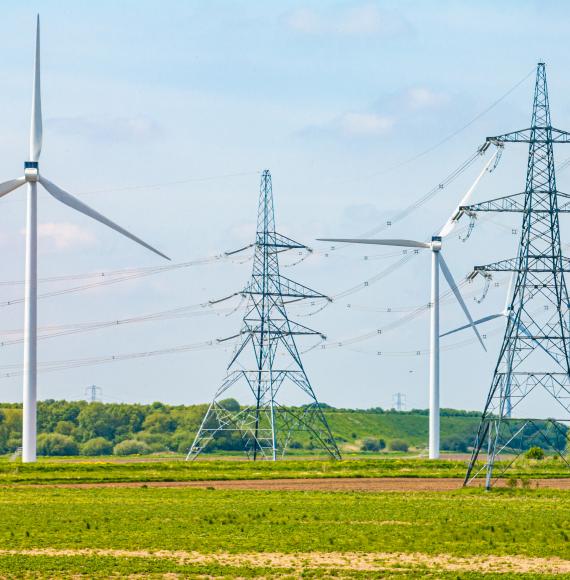Projects to power up the electric vehicle (EV) ‘revolution’ have received a boost through the Office for Zero Emission Vehicles’ (OZEV) £20m research and development competition.
Among the winning projects are:
- An onboard plug-in device that provides drivers with data on battery health to improve the experience of buying second hand EVs
- A kinetic battery that will provide a temporary power boost for charging the next generation of ultrafast EVs at peak times in rural areas
- A zero emission ambulance with a hydrogen range extender designed from the ground up
- The development of a solar-powered refrigeration unit for small commercial vehicles
The funding, awarded to 62 promising electric vehicle technology innovations, could unlock some of the biggest barriers to EV ownership by providing ground-breaking solutions to battery health and charging for both urban and rural areas.
To support the transition to zero emission vehicles, charging points need to be easy to use, accessible for all and fit alongside existing street infrastructure, the government said.
As the UK accelerate towards a zero emission transport future, the Department for Transport (DfT) has also launched a project to find an iconic British design for public charging points.
The DFT said this could see the country’s charging points become as recognisable as a red post box or a black cab.
The resulting design is set to be unveiled at COP26 in Glasgow this November.
Commenting, Transport Secretary, Grant Shapps said:
“Ahead of major climate summit COP26 this year, investment in exciting projects such as these is key to making the switch to electric vehicles more attractive for drivers than ever before.
“Not only will they propel us further towards our net zero ambitions, they will also help harness some of the brightest talent in the UK tech industry, encouraging businesses to become global leaders in EV innovation and creating jobs as we build back better.
Previous research and development funding from OZEV has supported the UK’s first solar electric forecourt Essex.
The solar canopy and multi-megawatt battery storage system provide sustainable and low-cost energy, as well as helping to balance demands on the electricity grid and hopes to make EV charging as easy as using a petrol station.
As well as this, a separate project is trialling vehicle-to-grid technology, enabling EVs to store and sell energy back to the grid during increased levels of demand.
PSE will be hosting a Public Sector Decarbonisation event on 9 September. Join us for the full day event by registering here.



















